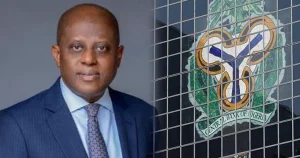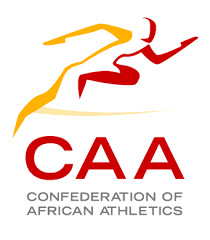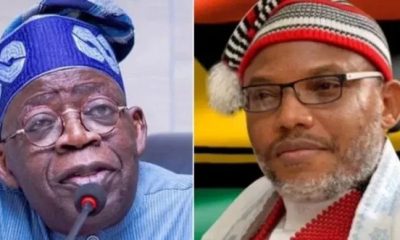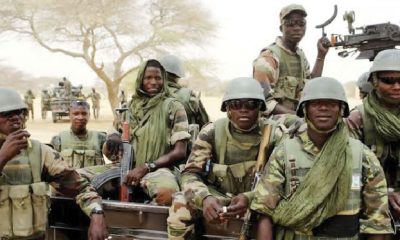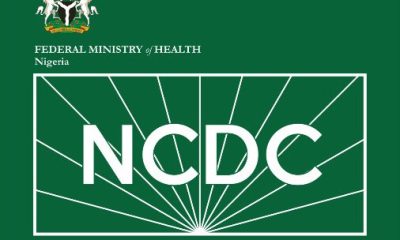Business
FX Crisis: Gap Between Official, Parallel Markets Grows to ₦130.44
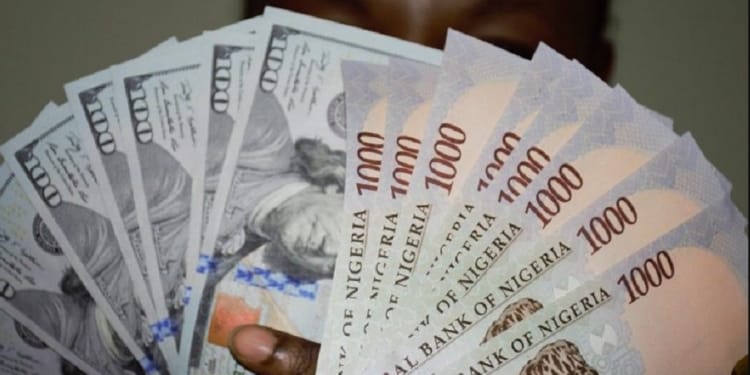
- Instability in Naira continues
- FX Crisis Deepens in the country
- CBN promises to proffer Solution to the crisis
The value of the Nigerian currency the Naira dropped in the parallel market yesterday, exchanging at ₦1,665 for one US dollar. This is a decline from the rate of ₦1,660 per dollar recorded over the weekend.
According to data from the Central Bank of Nigeria (CBN), the official exchange rate in the Nigerian Foreign Exchange Market (NFEM) was ₦1,534.56 per dollar. This was slightly better than the rate of ₦1,535 per dollar seen last Friday, showing a small improvement of 44 kobo in the Naira’s value.
- EDITOR’s PICK
- How Elephant Killed 23 year old While Bathing in Thailand
- How to Eat Healthy on a Budget Amid Rising Food Costs
- Palm Kernel Oil: Benefits, Nutritional Value, Side Effects, and Everyday Uses
As a result of these changes, the gap between the parallel market rate and the official NFEM rate has increased. The difference is now ₦130.44 per dollar, up from ₦125 per dollar over the weekend. This wider margin highlights the growing disparity between the official and unofficial currency exchange markets.
The situation reflects ongoing challenges in Nigeria’s foreign exchange system. The parallel market, often referred to as the black market, operates outside government control and typically offers higher exchange rates compared to the official market. Businesses and individuals who cannot access dollars through the CBN or authorized banks often turn to this market, which drives up demand and contributes to the depreciation of the Naira.
Meanwhile, the slight appreciation in the official NFEM rate suggests some stability within the controlled currency exchange market. However, the growing difference between the two rates raises concerns about the efficiency of Nigeria’s foreign exchange policies and the ability to meet the country’s foreign currency demands.
CBN
The depreciation of the Naira in the parallel market puts additional pressure on the economy, as it affects the cost of imported goods and services. With the exchange rate continuing to fluctuate, stakeholders are calling for measures to stabilize the currency and narrow the gap between the official and parallel market rates.
- FURTHER READING
- Lagos State Governor, Babajide Sanwo-olu Set to Unveil Five New Roads
- Parents to Protest Sudden Increase in PTA Fees at Lagos Fed college
- Seventh-Day Adventist Church Honours Teens for Keeping Their Virginity
In summary, the Naira’s value declined in the parallel market, while the official market saw a minor improvement. However, the widening gap between the two rates underscores the need for a more unified and transparent foreign exchange system in Nigeria.
Click Here For Video of The Week
Advertise or Publish a Story on EkoHot Blog:
Kindly contact us at [email protected]. Breaking stories should be sent to the above email and substantiated with pictorial evidence.
Citizen journalists will receive a token as data incentive.
Call or Whatsapp: 0803 561 7233, 0703 414 5611


